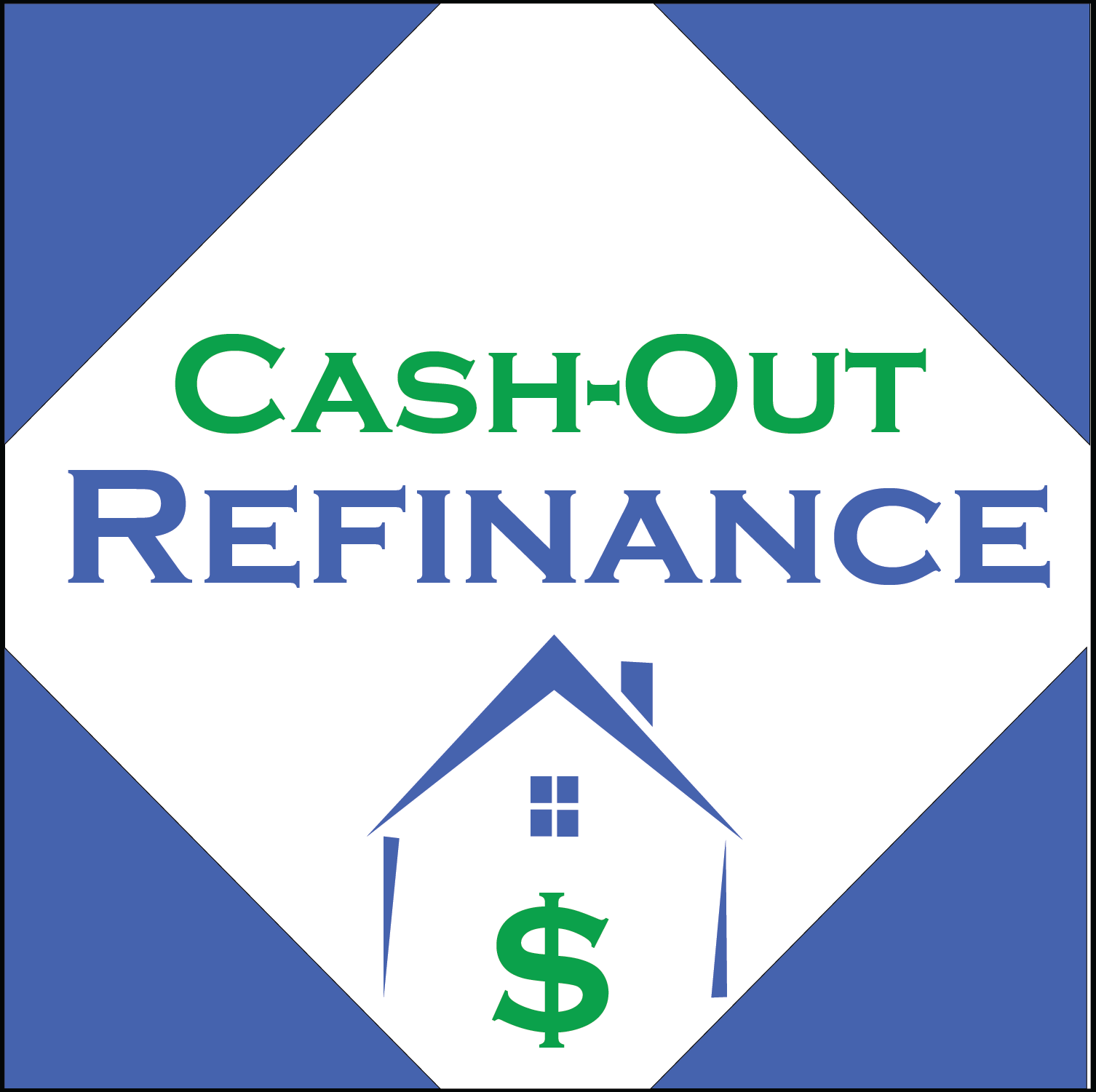Table of Content
Government-backed mortgages have some unique benefits, including small down payments and flexible credit guidelines. Applicants with lower credit may want to choose an FHA loan, which does not charge extra fees or higher rates for lower credit scores. A lot of home shoppers think it’s too hard to qualify for a conventional mortgage, especially if their financial situations aren’t perfect. For example, the Federal Housing Administration has the FHA 203 rehab loan to finance a home purchase and renovations with a single mortgage. Fannie May also has a HomeStyle renovation loan while Freddie Mac offers CHOICERenovation mortgages, both of which are conforming loans. This protection is the reason your mortgage lender will always require an appraisal for a conventional loan.
The bottom line is that it’s very important for home buyers to shop around for a conventional mortgage with at least three lenders. These loans can provide thousands in savings while giving the home buyer enough time to refinance into a fixed-rate loan, sell the home, or pay off the mortgage entirely. The shorter your loan term, the lower your interest rate should be. But your monthly payment will be higher because you’re paying off the same loan amount in a shorter time. But conventional loans can outshine government-backed loans in several ways.
Government-Backed Loans
Let’s explore each one and some of the requirements plus pros and cons that come along with them. Mobile homes were also often intended to be easily movable, whereas many manufactured homes are not built to move after they are assembled. While both manufactured and modular homes are cost-effective alternatives to traditional site-built homes, there are some key differences to consider when deciding between the two. Manufactured homes are often referred to as mobile homes, however, the two are different. Department of Housing and Urban Development , implemented the Manufactured Home Construction and Safety Standards that regulated mobile home construction.
Informative article, but there are home age restrictions for FHA and conventional financing which can be a deal breaker for those that can’t afford ‘newer’ mobile homes. When a manufactured home leaves the factory it is automatically classified as personal property or chattel. You can buy a new home through a retailer, buy a used home, or, in some states, buy directly from an owner. You can also use a real estate agent to help you, just like a traditional home. In your research, you may also come across the term “prefabricated” homes.
When Is A Mobile Home A House And When It Is A Car
Try to find a loan that has low fees and interest rates so you can spend as little as possible over the life of the loan. Choose the type of loan youll use and compare different lenders offerings. Today, modern mobile homes are not really meant to be moved more than once.

Homeowner’s insurance for manufactured homes can be harder to find and is typically higher than that of traditional homes. But there are companies that specialize in insuring manufactured homes. Manufactured homes, previously called “mobile homes,” have evolved from the “trailers” of the past into beautiful and affordable options for many homebuyers. If you pay annual taxes to your state Department of Motor Vehicles, you definitely have a vehicle. Fireengineering.com states that “In mobile homes built before 1976, heating and cooking equipment are in close proximity to sleeping areas.
Manufactured Homes
They’re designed to help Americans buy single-family homes to be used as a primary residence. Conventional loans only require a monthly mortgage insurance premium, and only when the homeowner puts down less than 20%. Fortunately, a 30-year fixed-rate conventional loan still comes with low fixed-interest payments that are accessible to the majority of home buyers and refinancers. But that’s OK if it allows you to get a conventional loan with a down payment you can afford. From the 10% down piggyback loan to 3% down HomeReady and Conventional 97 loans, low-down-payment options not only exist but are extremely popular with today’s conventional loan borrowers.

However, there are occasions when owners get fed up with paying monthly rent on the lots or just want to own their own bit of real estate. There are other times when homes on rental lots get repossessed by a financing company or bank. They then remove the homes and sell them on the resale market. Frequently these mobile homes will be placed on rental lots where the homeowner owns the actual living structure and a landlord owns the land under the home. At the onset, this arrangement is cheaper for the homeowner since all he has to do is buy the home. But later on the costs accumulate as the monthly rent goes higher and higher.
Financing a mobile or manufactured home can be difficult, particularly if you want to do so with a mortgage. Since most lenders don’t consider manufactured or mobile homes real property, there are lots of requirements and stipulations you’ll have to meet if you want to qualify for a mortgage. If you can’t meet them, however, don’t panic – there are plenty of other financing options too, including personal and chattel loans. Before buying a manufactured or mobile home, be sure to research all your options to decide what’s right for you. The home must be considered real property with a permanent foundation.

On the flip side, you may qualify for a conventional loan with a down payment as low as three percent. However, with any down payment less than 20 percent, you'll have to pay for PMI until you reach 20 percent equity in your home. Most lenders will not give you a conventional loan for a mobile or manufactured home because these structures are not considered real property. If you have a manufactured home that meets some very specific criteria, however, conventional mortgage sources Freddie Mac and Fannie Mae do actually offer specialized loans.
Home buyers who need a loan amount above the standard limit should check for the specific limit for their area. Get a conventional rate quote based on your information — not on the information of an average buyer. Also note that conventional PMI can be canceled later on, once your home reaches at least 20% equity. However, the seller is often unwilling to make costly and time-consuming repairs. You can expect them to pay particular attention to these and either provide reassurance or raise the alarm.
Manufactured housing is a home unit constructed primarily or entirely off-site prior to being moved to a piece of property where it is set. Chattel loans are generally for shorter periods, lowering the total interest paid. According to the CFPB, about 32% of households living in a manufactured home are headed by a retiree.
The home will also have to be permanently attached to its foundation, built to HUD’s post-1976 standards, and at least 400 square feet. The FHA can also help you buy the plot of land for your new manufactured home through a process that resembles a construction loan. FHA loans exist to help credit challenged borrowers buy affordable housing.
We'll talk about two special programs below, but we offer standard conventional loan financing on manufactured homes that have been permanently attached to land and converted to real property. Financing a mobile or manufactured home is a little different from financing a house because most lenders do not consider these homes eligible for most types of mortgage. This is also a good loan if you don't have a credit score, as non-traditional forms of credit are accepted. You can buy or refinance your home with an FHA loan ; eligible property types include stick built, condos, modular and manufactured homes. The minimum credit scores required for different mobile home loans vary according to lenders’ specific requirements. For example, conventional mortgage lenders usually require a score of 620 or higher.
How To Calculate Mortgage Down Payment
FHA loans, USDA mortgages, and even VA loans require an upfront insurance fee, usually between 1% and 4% of the loan amount. But after this low introductory rate expires, the loan’s interest rate — and its monthly mortgage payment — could decrease or increase each year, depending on market conditions. Closing costs will include fees such as a lender’s origination fee plus vendor fees like the appraisal, title insurance, and credit reporting fees, says Titsworth. The buyer’s debt-to-income ratio also plays a factor in conventional loan qualifying. A lender won’t approve a mortgage for an amount that’s greater than the value of the home.
Typically, it’s easier to get a traditional mortgage on a modular home compared to getting a mobile home loan. Homes you could hitch up and move to a different mobile home community don’t qualify as real estate, so you couldn’t finance one with a home mortgage. Join Fannie Mae representatives to learn about manufactured home financing options, with an overview of programs and policies that can support your manufactured home financing business.






